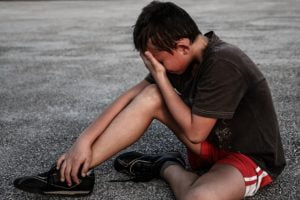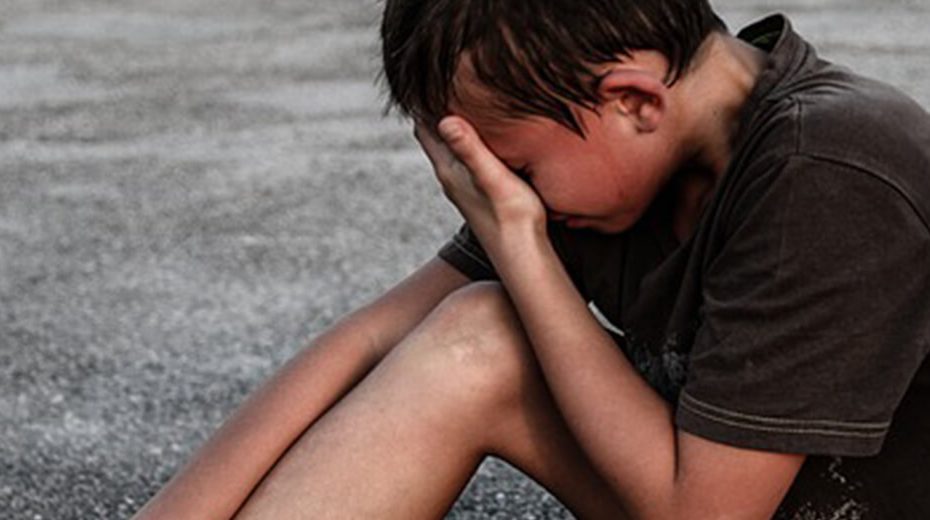It has been thought that approximately 13% of young people between the ages of 11-16 self harm. It can
It has been thought that approximately 13% of young people between the ages of 11-16 self harm. It can affect anyone, regardless of social or cultural background. There may be be no obvious reason or major traumatic event that leads him or her to self-harm.
What causes someone to self-harm?
As parents, we are quick to blame ourselves when our children are suffering. It doesn’t mean that you have failed as a parent. It is a very strong indicator that your child is struggling with something in their life. The need to self-harm is usually a method of coping with difficult emotions. It’s a way of expressing feelings that are difficult to put into words. It can also be a way of transferring emotional pain into physical pain.
According to the NSPCC, self-harm is usually not considered a suicide attempt or a cry for attention. Instead it is often deemed as an extreme coping mechanism and a way for young people to release and manage their overwhelming emotions. It may also give them the feeling that they can control some part of their lives by replacing it with a physical pain. Young people will often try to hide the self-harm by wearing clothes that hide their cuts or scratches. Other key signs to look out for are, if your child is spending a lot of time alone, has an unusually low mood or there is a change to his or her eating or sleeping patterns.

What can we do as parents?
The response of a parent to self-harm should be to offer understanding and empathy. It serves no purpose to blame them or yourself and try not to threaten them with punishment or reward. It is important to remove harmful objects within your child’s reach but sadly a young person who self-harms will find replacements with something that you probably have not thought of. If you can, find a way to sit down calmly with your child and try to empathise with them and identify the causes and triggers that have led them to want to self-harm. If they will not talk to you then try to find another qualified adult who they will talk to. It will break your child’s trust if they overhear you talking about their problems with others. Contain the information to a small circle of people you trust and are in a position to help you and your child.
A step towards your child’s recovery is to try and build a positive, open and trusting relationship. Let them know they can come to you for help if they have the urge to or have recently self-harmed. Help them to medically care for their injuries to ensure there are no infections and further damage. However, if the wounds are severe and require medical attention, go to your GP immediately, or if severe, go to your nearest A&E.
Discovering that your child has self-harmed does not mean that they will stop. Simply telling them to stop won’t make them stop. Instead, discuss other coping mechanisms or distractions, which they can use to allow them to cope with difficult emotions. These can include meditation and mindfulness or a pursuit or hobby they really enjoy doing and can focus on.
How to get support
If your child has self-harmed or is self harming it does not necessarily mean that he or she will suffer indefinitely with mental health problems. Often parents are instrumental in their child’s care and recovery and it may be useful to get your own professional support.
If you are worried about your child, please discuss with your doctor asap so they can refer you and your child for specialist support.
